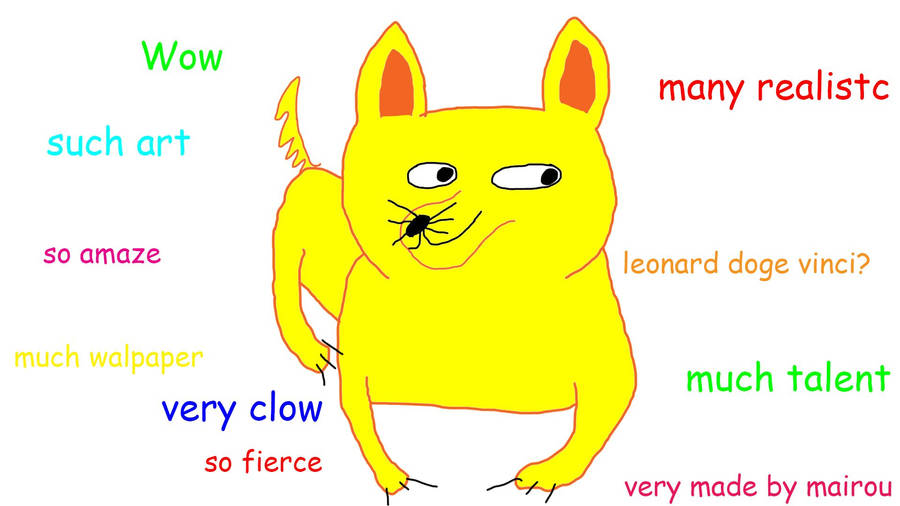Thanks, Victor, Lum and Detritus.
I may not be in the same position than a few months ago, but I'm still working. Theoretically I could still work in SkyJunkers or other similar high resolution games, and make a lot of optimization for good if not similar results. The problem would be that my CPU complains a lot, and I don't want to kill this one too. Besides, it takes a lot to do anything, so my productivity would be awful. Unity makes my CPU to complain too. So I have been learning how to use Adventure Game Studio, which now supports multiple resolutions, and see what I can get.
Surprisingly, I have been enjoying this thing a lot, and going crazy I started working in something that you probabley are not going to be interested, but it have proved to be very fun for me: text adventures.
I don't know much about text adventures, never play any for long, but I wanted to try. (I just hate to draw, basically.) The results? I'm surprised. Without trying to emulate how parser games are supposed to work (I don't actually like the concept very much), I really like what a text interface can do. It's just too powerful, and I get instant results for my efforts.
You could even call this "SkyJunker lite" if you want, because one of my projects is a space game. (Called 'SkyJunker' just for now, whitout the 's'.) I'm also making a somehow relate underwader horror game, sort of. And I have ideas for short games as well. I will share something with you very soon (I hope). As a way to experiment and keep creative, this is proving to be very cool.
At first, I was basically making a 'Point & Click' adventure game without graphics, but that didn't work. One of the first thing I removed was the need to write 'examine this' or 'examine that' (or 'look at this or that', etc). Why you should do that? The game should know what you want to do based on the circunstances. So I simplified in that way that you just need to write the name of something, an object or topic, and get results, basically like when you use Google, and then describe actions to interact with whatever you are trying to interact with, without the need to write the object name again. You can also combine words to get better results. My discoveries (playing my own work) is that it feels, independently of the narrative, very much like making detective investigation. (Of course, I say this without any real experience making real detective work.) You actually are making deductions and improvising, something that 'regular' videogames usually fail to represent.
All right. I know that I'm not going to become famous or rich making text adventure videogames, but as an exercise before my flashy return as a 3D developer I think is pretty good, and make my life just a little easier despite of the problems. (That, and my five lovely cats, of course.

)
I will come back later to tell you how things go. Please, feel free to share your thoughts regarding this new direction if you want. I have this place in my thoughts every day.
Cheers.


"Playing" is not simply a pastime, it is the primordial basis of imagination and creation. - Hideo Kojima








 --IronDerp
--IronDerp